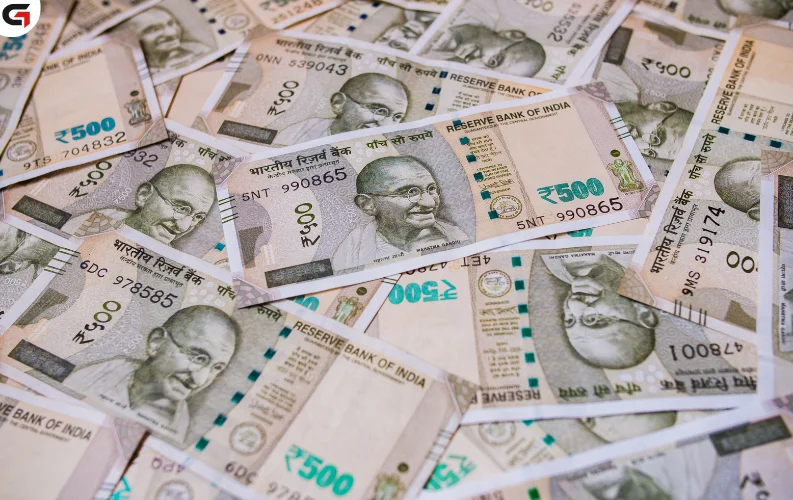Dubai – The Indian rupee (INR) has fallen to its lowest level in eight weeks, trading at 23.46 against the UAE dirham (equivalent to 86.17 against the U.S. dollar) as geopolitical tensions in the Middle East and surging oil prices weigh heavily on the currency.
The decline from the earlier 23.19–23.22 range presents an attractive window for Indian expatriates in the UAE to send remittances home at more favorable rates. However, currency experts warn that this decline also signals broader economic vulnerabilities for India, particularly around rising import costs and inflationary pressures.
Middle East Tensions Fuel Oil Surge
The rupee’s fall was triggered by a combination of factors, most notably the Israeli airstrikes on Iranian nuclear facilities, which pushed oil prices up by more than 10%. As India is heavily reliant on crude imports, such sharp spikes in oil prices immediately increase the country’s current account deficit and exert pressure on the rupee.
“While the renewed Middle East tension is the immediate reason for INR sliding to 23.46, the other main concern is about U.S. tariffs,” said Neelesh Gopalan, Treasury Manager at a Dubai-based remittance fintech. “India is yet to finalize a trade deal, and Trump has reiterated a July deadline.”
Implications for Indian Economy
A weakening rupee makes oil imports more expensive in rupee terms, increasing the risk of domestic inflation and slowing economic growth. Analysts say that if crude oil prices cross $85 per barrel, it could significantly widen India’s trade deficit, especially if tensions in the Middle East persist.
Currency experts believe the rupee may remain under pressure in the short term. Should oil prices continue rising and foreign portfolio investors start pulling out of Indian markets, the rupee could weaken to 87 or beyond against the U.S. dollar, unless the Reserve Bank of India (RBI) intervenes.
“India’s forex reserves are strong, which offers some cushion,” one analyst said. “But prolonged uncertainty could restrict RBI’s policy flexibility and impact capital flows.”
Should NRIs in UAE Remit Now?
For NRIs in the UAE, the rupee’s drop offers a potentially favorable opportunity for sending money home, especially if the trend continues toward further depreciation.
However, currency strategists advise remitters to remain cautious and monitor the market closely. With volatility increasing, even minor changes in oil prices or global sentiment can sharply impact forex rates.
If geopolitical tensions de-escalate or RBI takes an aggressive stance to stabilize the rupee, the window of favorable remittance rates could close quickly.




















